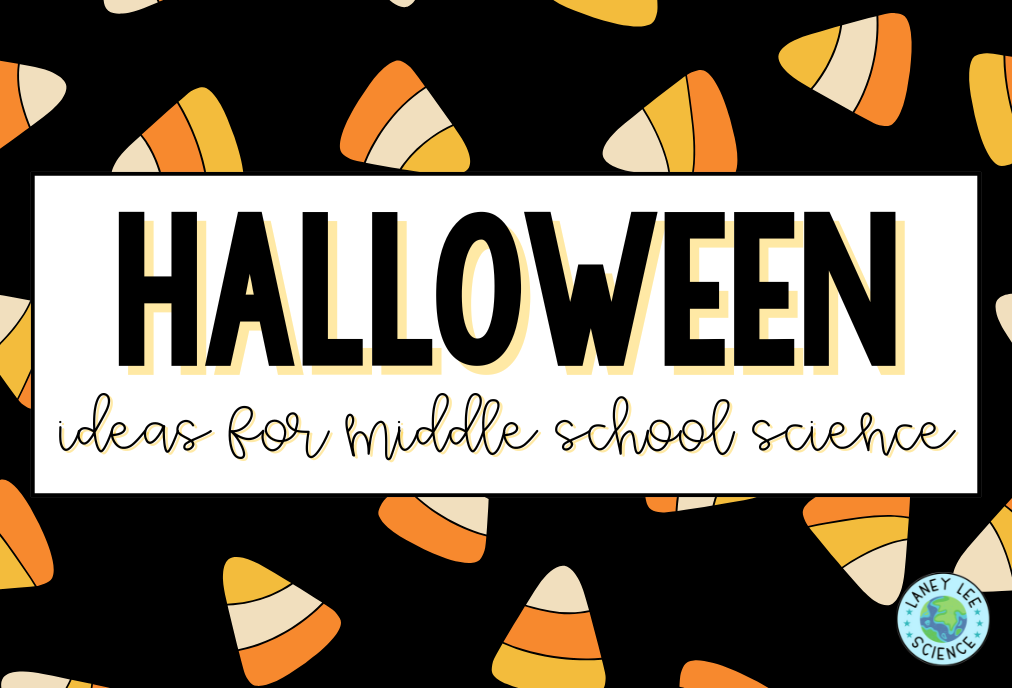
October can feel like one big sugar rush in the middle school classroom. Instead of fighting against the Halloween hype, lean into it with Halloween science activities that bring spooky fun and solid learning to your lessons. These experiments and projects are engaging, low-prep, and perfect for keeping students focused during the Halloween season.
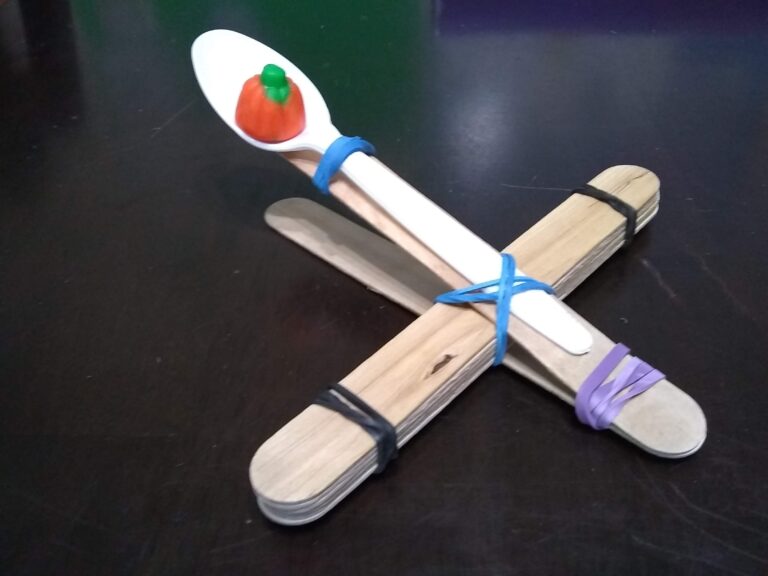
Turn leftover candy into a Halloween science challenge! Students design mini catapults from popsicle sticks, spoons, or rubber bands. Launch candy corn or marshmallows and measure distance. It’s an exciting way to explore physics, engineering, and data collection.
Bonus Idea: To add a little competitive fun to this Halloween activity, here are a few ideas to enhance this activity:
SHOOT AND SCORE: and have students attempt to shoot their candy pumpkins into the bucket. The team with the most “scores” in 30 seconds wins.
DISTANCE COMPETITION: The team whose catapult launches their candy the furthest distance is victorious!
MALLOW MOUTH: Have students take turns launching marshmallows from their catapults while another student tries to catch the mallows in their mouth.
Pumpkins are the ultimate Halloween science tool. Have students scoop out seeds, measure mass, compare seed counts, and even test germination later. This messy but memorable activity reinforces observation, classification, and data analysis. Get more on this activity here.
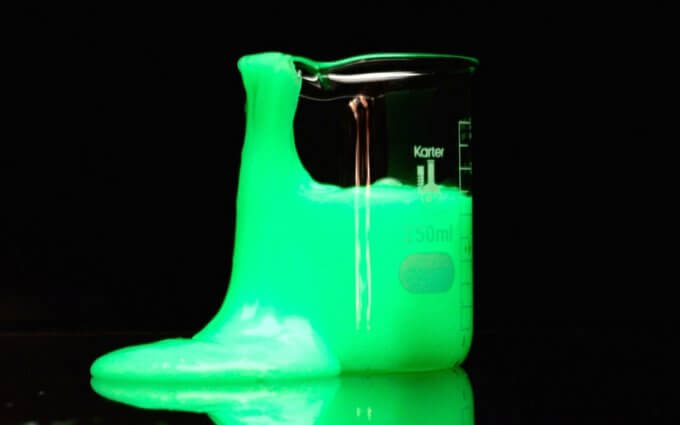
Add a spooky twist to slime by mixing in glow-in-the-dark paint or tonic water (which fluoresces under a black light). Students love the eerie glow while learning about polymers and non-Newtonian fluids. A staple of Halloween science labs! Get the full instructions here.
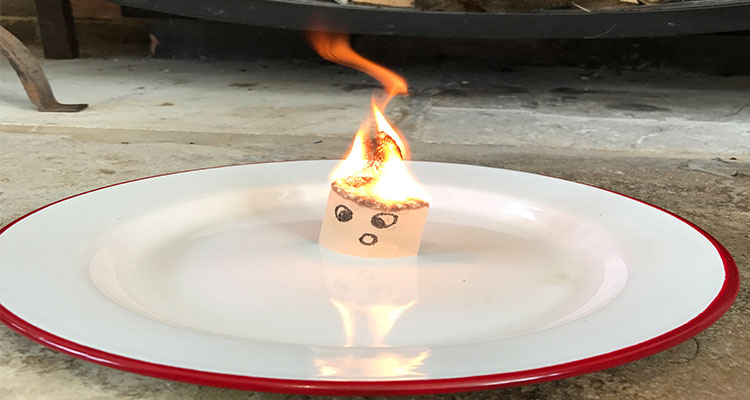
With just empty tea bags and a lighter, you can demonstrate convection currents. Once lit, the lightweight “ghosts” float up as hot air rises. This quick Halloween science demo connects energy transfer to spooky visuals. Learn more here.
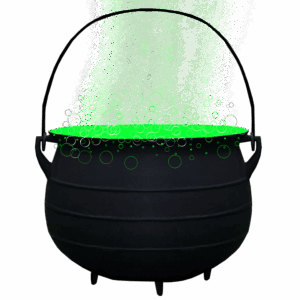
Bubbling cauldrons are perfect for Halloween science demonstrations. Use baking soda, vinegar, and food coloring for fizzing fun—or add dry ice for dramatic fog. Students learn about chemical reactions, gases, and changes of state while enjoying the show.
You can see a full set of instructions, plus of fun interactive script here!
Bring classification to life with candy! In this Halloween science activity, students sort candies by wrapper type, shape, or color using a dichotomous key. It’s sweet, simple, and an excellent way to reinforce a key life science skill.
Give genetics a spooky twist with a monster-themed Punnett square activity. Students combine traits (fangs, wings, eye color) to “build” unique offspring. This is a creative way to integrate Halloween science into heredity lessons. All you’ll need is a printer, some coins, and art supplies if you want students to draw their baby monsters at the end!
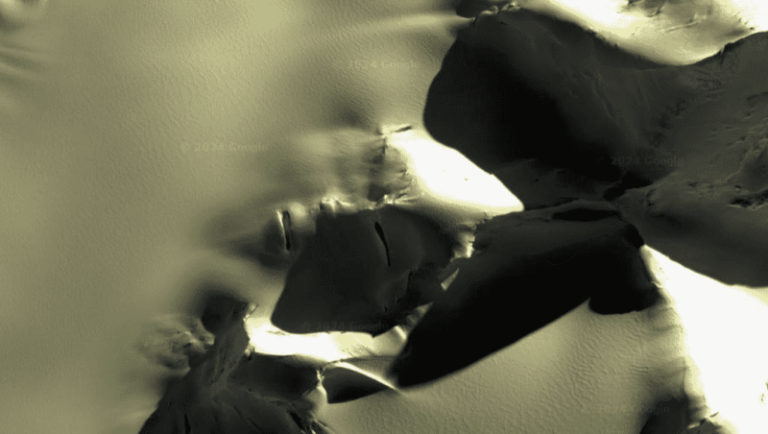
Take your class on a digital adventure with a Halloween science scavenger hunt. Students locate creepy places like Transylvania, Salem, or haunted castles on Google Earth, practicing map skills while tying into the season.
Here’s a link with some suggested locations.
Use Starbursts to simulate the processes of weathering, erosion, compaction, heat, pressure, melting, and cooling. Students transform candy into models of sedimentary, metamorphic, and igneous rocks. This sweet twist on geology makes the rock cycle unforgettable and is a must-try Halloween science lab.
Halloween is all about candy—so why not turn that into a learning opportunity? This reading activity explores four big questions:
What is sugar?
Why are we drawn to sugar?
What do our bodies do with sugar?
Why is sugar “bad”?
Pair the reading with a Halloween-themed color-by-number that reveals a spooky picture as students answer comprehension questions correctly. It’s a perfect blend of literacy and fun that gets students thinking more critically about their favorite Halloween treats.
Halloween science doesn’t have to be complicated. From candy catapults to monster genetics, these activities combine rigor and fun while channeling students’ seasonal excitement. Try one or two this October and watch your class light up like jack-o-lanterns.